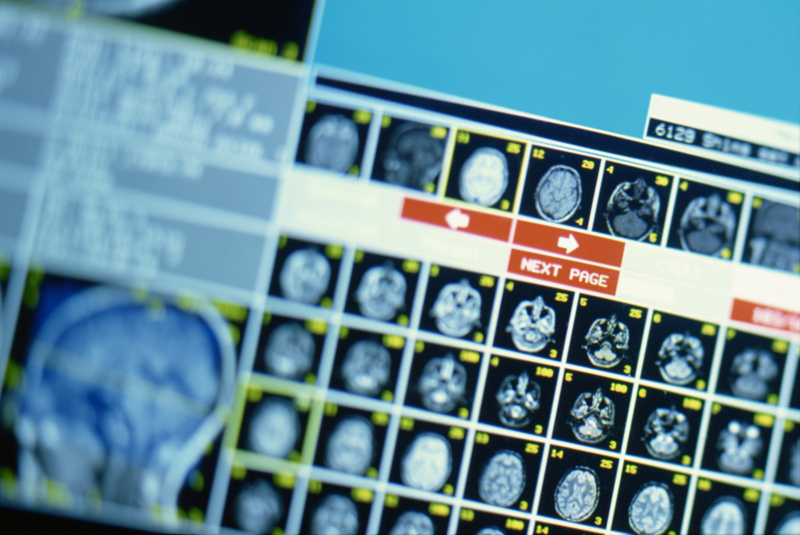
Here are some of the latest health and medical news developments, compiled by the editors of HealthDay:
NIH Staffers, Researchers Return to Work After Government Shutdown
Nearly 14,000 employees of the U.S. National Institutes of Health returned to work Thursday, following a 16-day slowdown in vital research because of the federal government shutdown.
According to ABC News, the NIH retained only 5,000 of its essential staffers during the shutdown, deemed necessary “for the safety of human life or the protection of property,” an NIH spokeswoman said.
The shutdown halted research on cancer and other serious illnesses, causing delays for prospective clinical trial patients and putting experiments on hold. All scientific meetings at the NIH had been delayed, as well as the grant review process that enables scientists to receive funding for their studies.
NIH facilities did retain electricity throughout the shutdown, so cell cultures, tissues and lab animals remained unaffected, ABC News said.
—–
Air Pollution a Leading Cause of Cancer, UN Agency Says
The United Nation’s World Health Organization (WHO) has classified air pollution as a prime cause of cancer worldwide, especially in the case of lung cancer.
The WHO’s International Agency for Research on Cancer (IARC) has now placed dirty air in the same category of carcinogens as tobacco smoke, ultraviolet (UV) radiation and plutonium, BBC News reported.
According to IARC, about 223,000 lung cancer deaths globally can be blamed on exposure to air pollution. The majority of these deaths are occurring in rapidly industrializing Asian nations such as China.
Copyright © 2026 HealthDay. All rights reserved.

